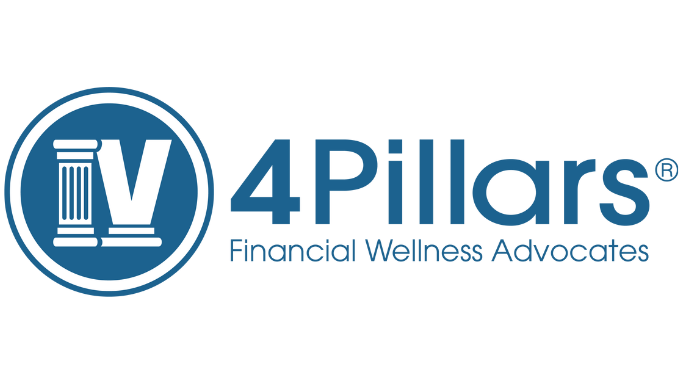You might have heard the term “credit score” through movies, tv programs and more importantly through your bank account. But, what is a credit score? Why do I need a good credit score? 4 Pillars is always seeking to educate our audience and promote healthy financial decisions, for that reason we will cover all you need to know about credit score. Additionally, we have essential tips to increase your credit score.
First, you need to understand what a credit report is; which basically is the summary of your credit history. It is created when you borrow money for the first time. It includes past and present credit accounts (all your credit cards, loans and mortgages). Your credit report is essential for creditors, lenders and of course for you, because it shows how trustworthy and accountable you are of your debts.
Now, your credit score is a three-digit number that accompanies your credit report. It will tell how well (or not) you manage your credit. The credit score also determines how risky it is for future lenders and creditors to grant you money. Credit scores are between 300 and 900, being 900 a perfect score. However, a score between 780 and 780, it’s also considered strong enough. If your credit score is in good shape you gain points . On the other hand, a bad credit score means not only losing points, but also higher interest rates and less perks in future loans or credits.
Related Links: Easy Ways To Improve Credit Score
Keeping An Impeccable Payment History
The fastest and easiest way to improve your credit score is paying your bills on time. Your payment history is 35% of your credit score, meaning it should be your top priority in the list. Moreover, lenders and creditors rely on your credit history to determine if you are trustworthy and responsible enough to grant higher credits (like a car loan or a mortgage). It also determines if your future credit will come with more benefits or perks, such as lower interest rates.
If you missed a payment or you are having difficulties affording a bill, we encourage you to talk with your creditor as soon as possible and negotiate a payment plan, so your credit score is not hurt. Even if credit cards and some lenders offer grace periods, you shouldn’t take advantage of this facility, otherwise you could be reported to the credit bureau.
4 Pillars has come up with some ideas to keep your payment history on point:
- Create bill payment alerts so you are aware when the next bill will come up, you can set up a reminder in your phone or in your calendar. In that way, you will be able to save ahead and stay stress free.
- Automatic bill payments are your best friend if calendars and alarms are not working for you. You can set them through your credit or debit account, just make sure you have enough funds to cover your bills.
Related Links: 6 Ways You Can Rebuild Your Credit
Use Your Credit Purposely
Besides an impeccable payment history, using your credit wisely is a determining factor to build a positive credit score. Considering that 30% of your credit score is determined solely by your credit utilization, you should pay close attention to it. Ideally, you should only spend around 30% to 35% of the total of your credit limit.
For example, if your credit limit is $1,000.00, then you should only spend (and pay) below $300. If you need to borrow more than that, we recommend making more than one payment (if possible), so you can keep increasing your credit score.
Finally, we recommend trying to pay more than the minimum payment as an extra measure. By doing so, you will decrease your credit utilization rate. Furthermore you will pay your credit card debt faster, saving you the headaches of higher interest rates.
Related Links: Can an Overdraft Affect Your Credit Score? + 3 Surprising Things That Might!
Building Your Credit Diversifying Your Lines
We have talked about the importance of paying on time and how to use your credit wisely, now let’s cover the way you can diversify your credit; improving your score in the process. When we are talking about a credit mix or credit diversity, we are referring to all the credit accounts you have open and active. Furthermore, in the “credit mix” we can include not only the credit cards, we can also add loans (student loans, auto loans, personal loans) and mortgages.
You might be asking “Why would I go into debt to improve my credit score?”
Well, lenders and creditors need to be sure you are a good candidate for greater loans or credits in the future, a credit mix proves you are efficient and responsible at paying back your debts and you can handle more than one account over time.
However, we only recommend this path if you are really thinking of using the loan or account purposely, and obviously if you are financially prepared to assume that responsibility. In addition, we don’t recommend opening more than one account at the time. Remember that credit diversity or credit mix is only 10% of your overall score, paying on time and credit utilization rate are the most impactful factors to boost your credit score, thus you should focus first on them.
Take advantage of our FREE consultation and live debt free


